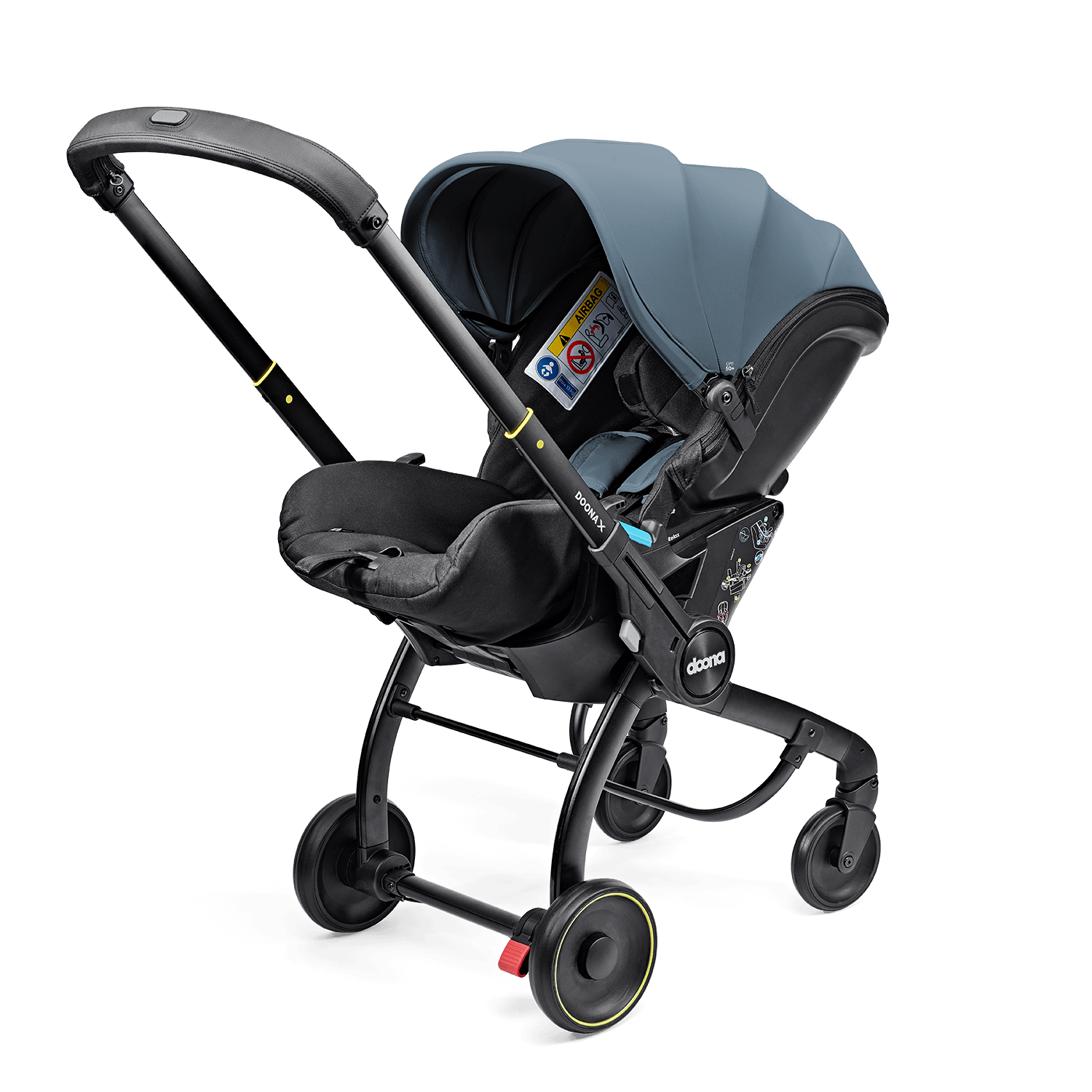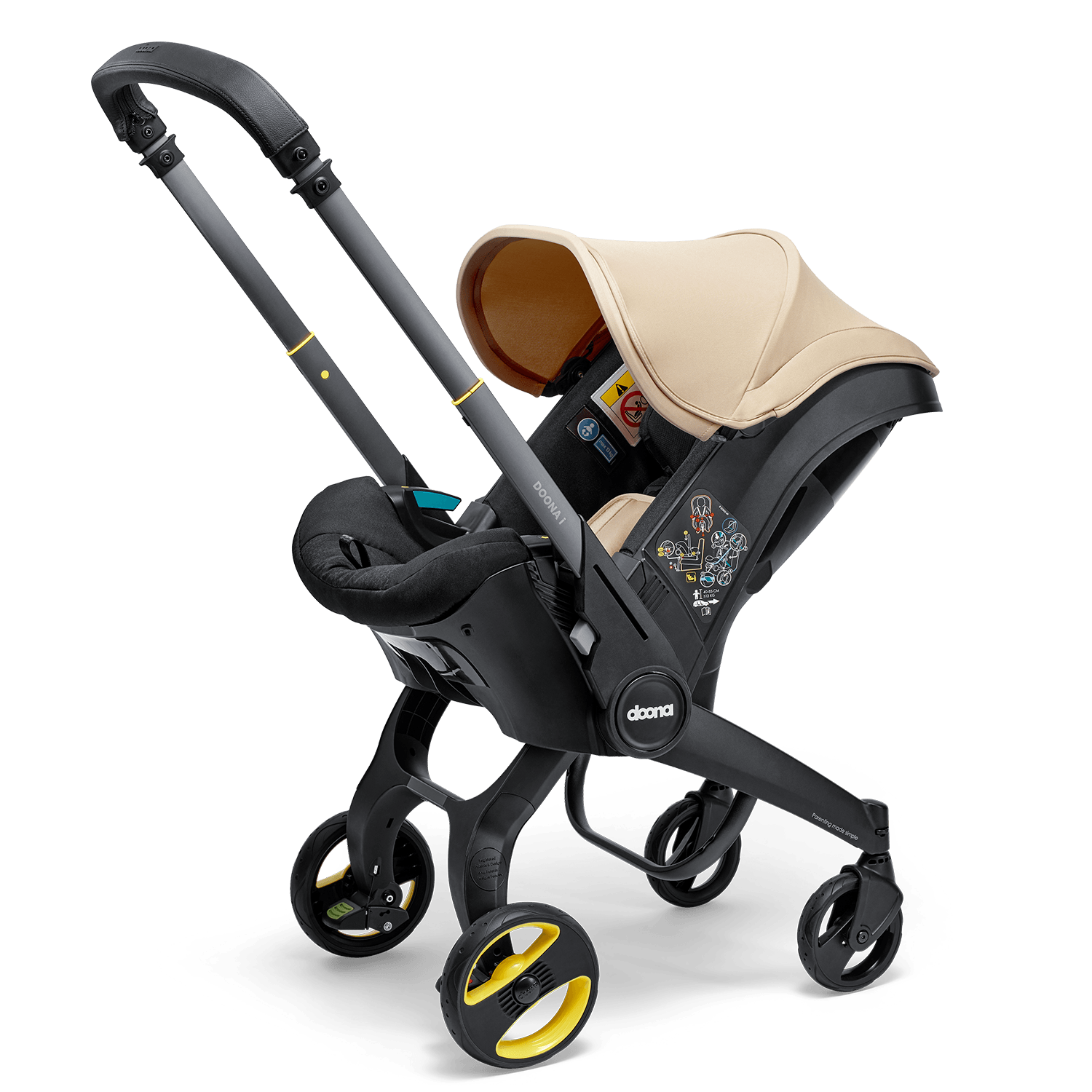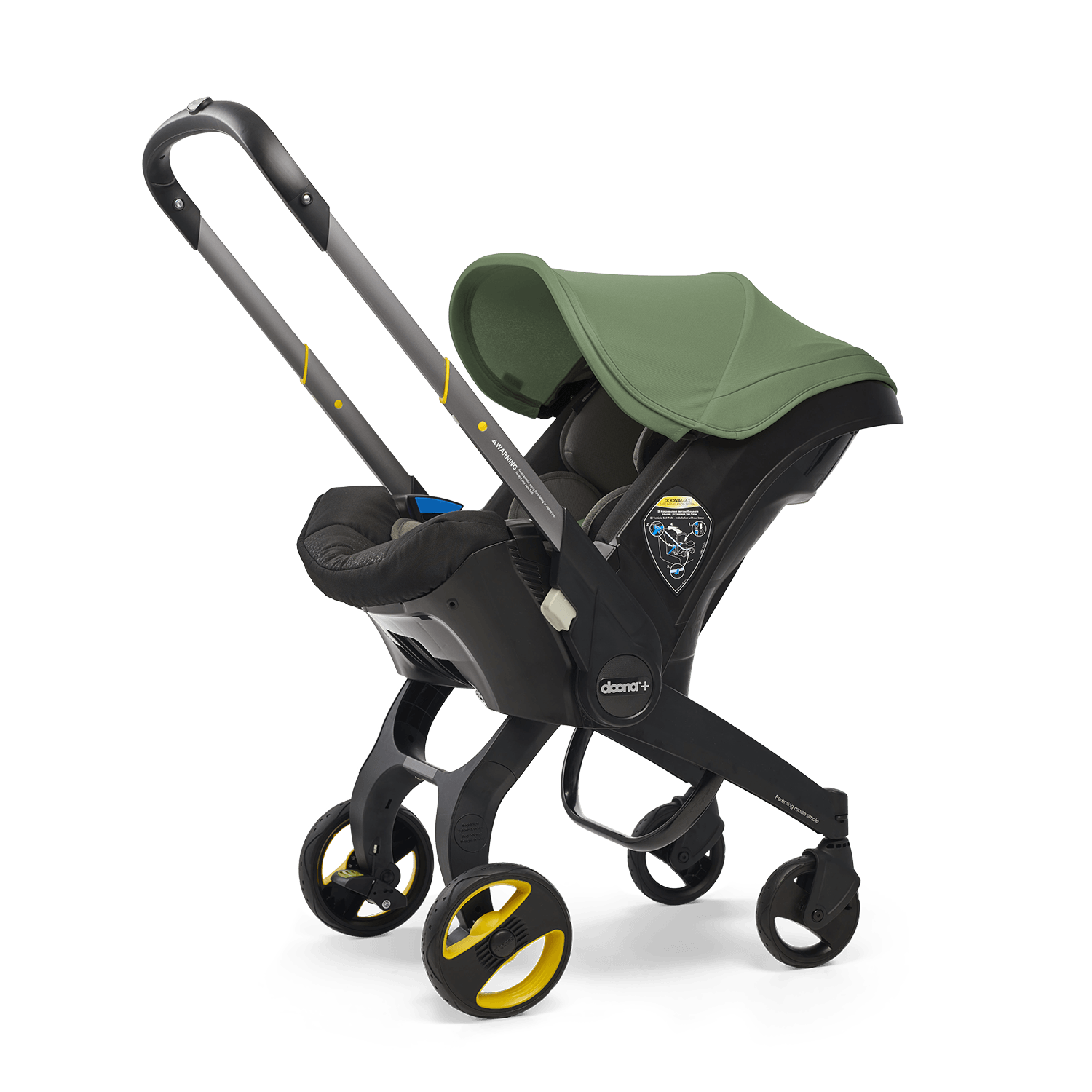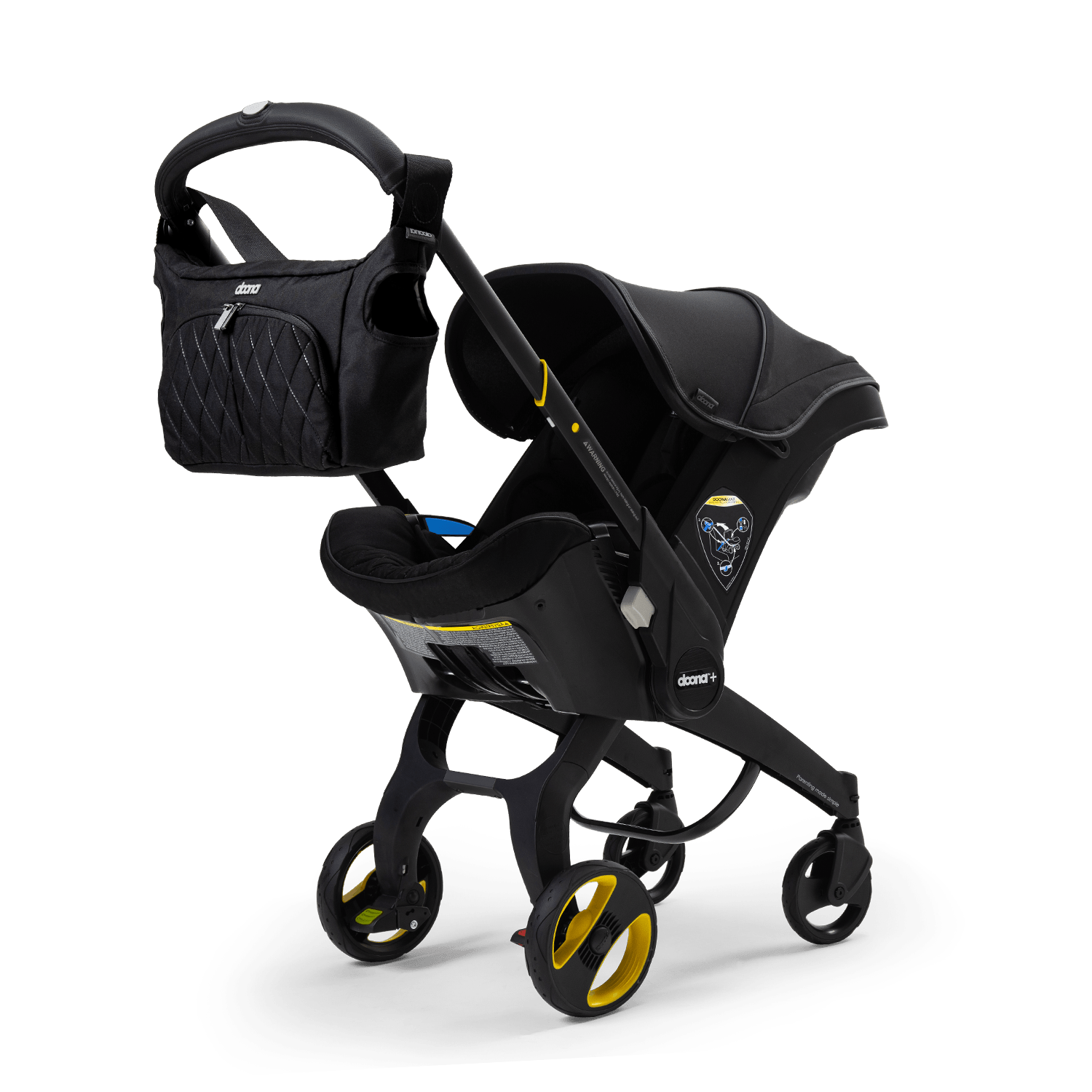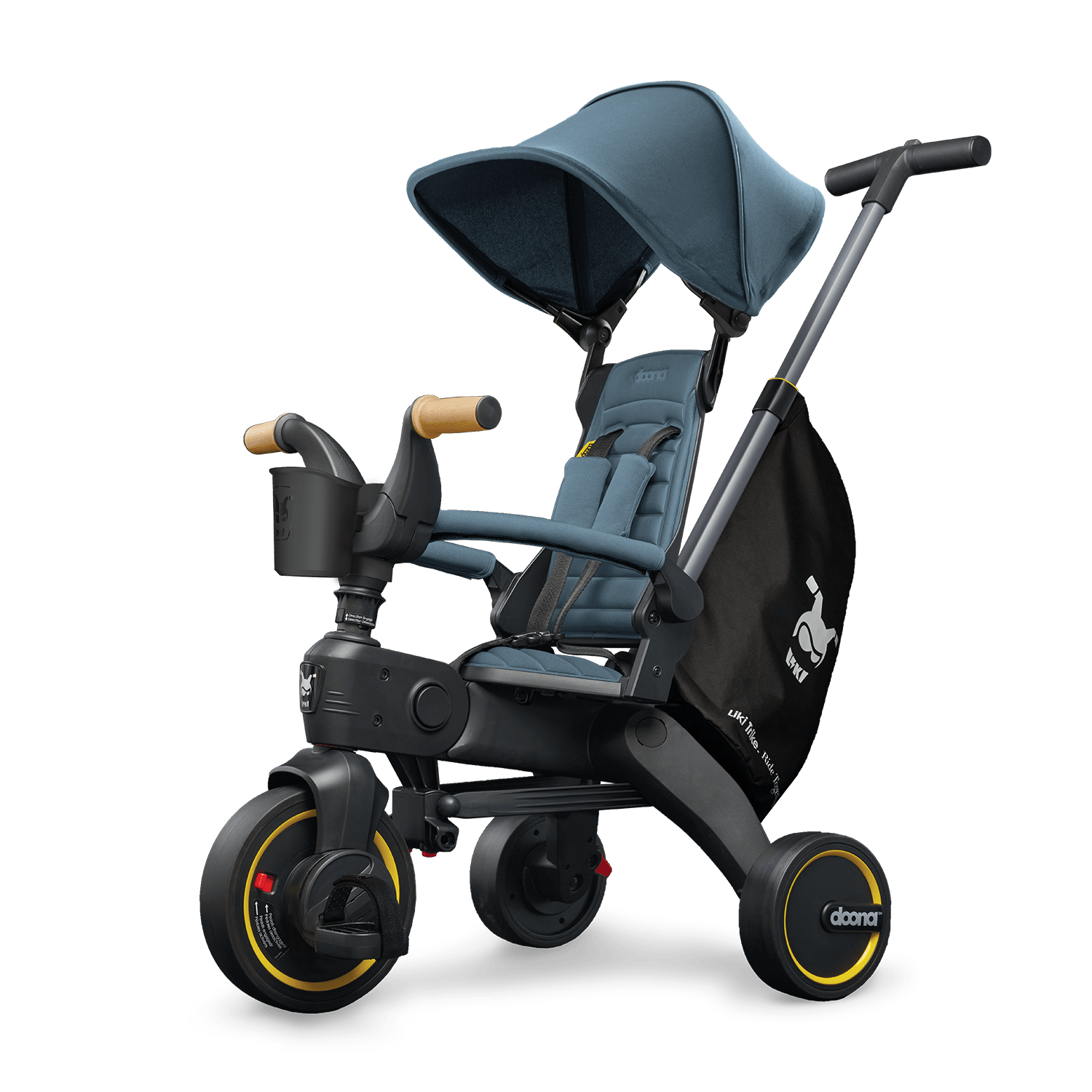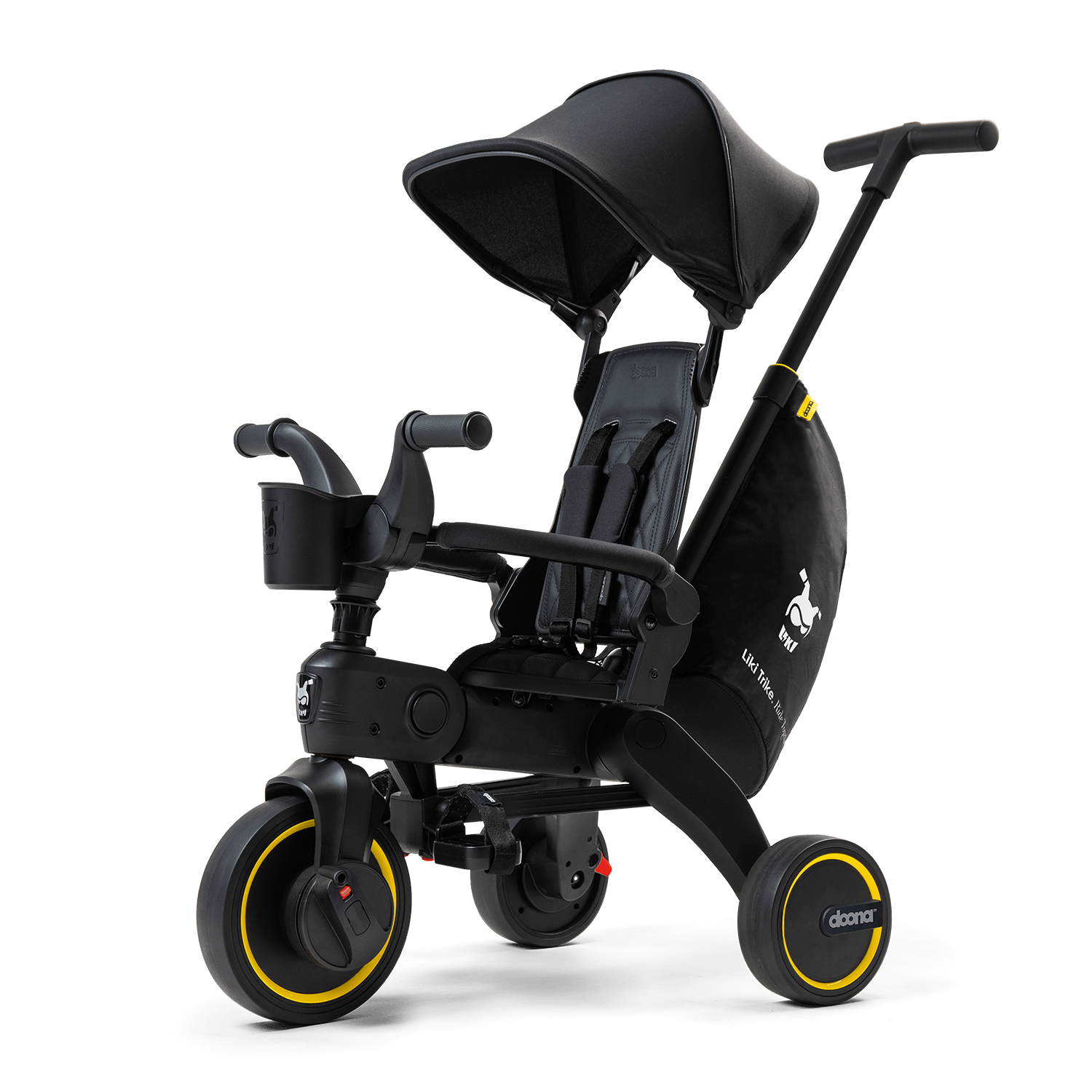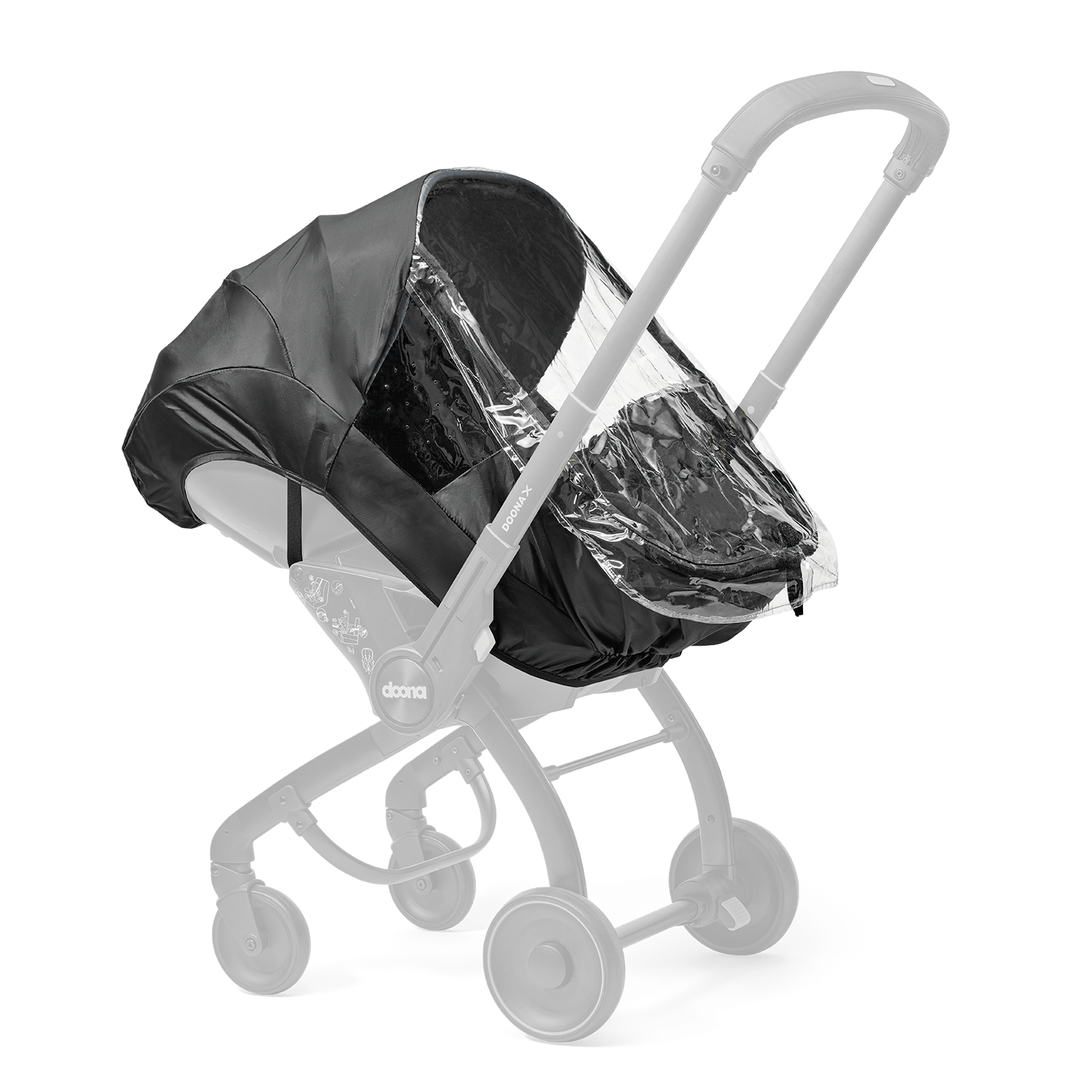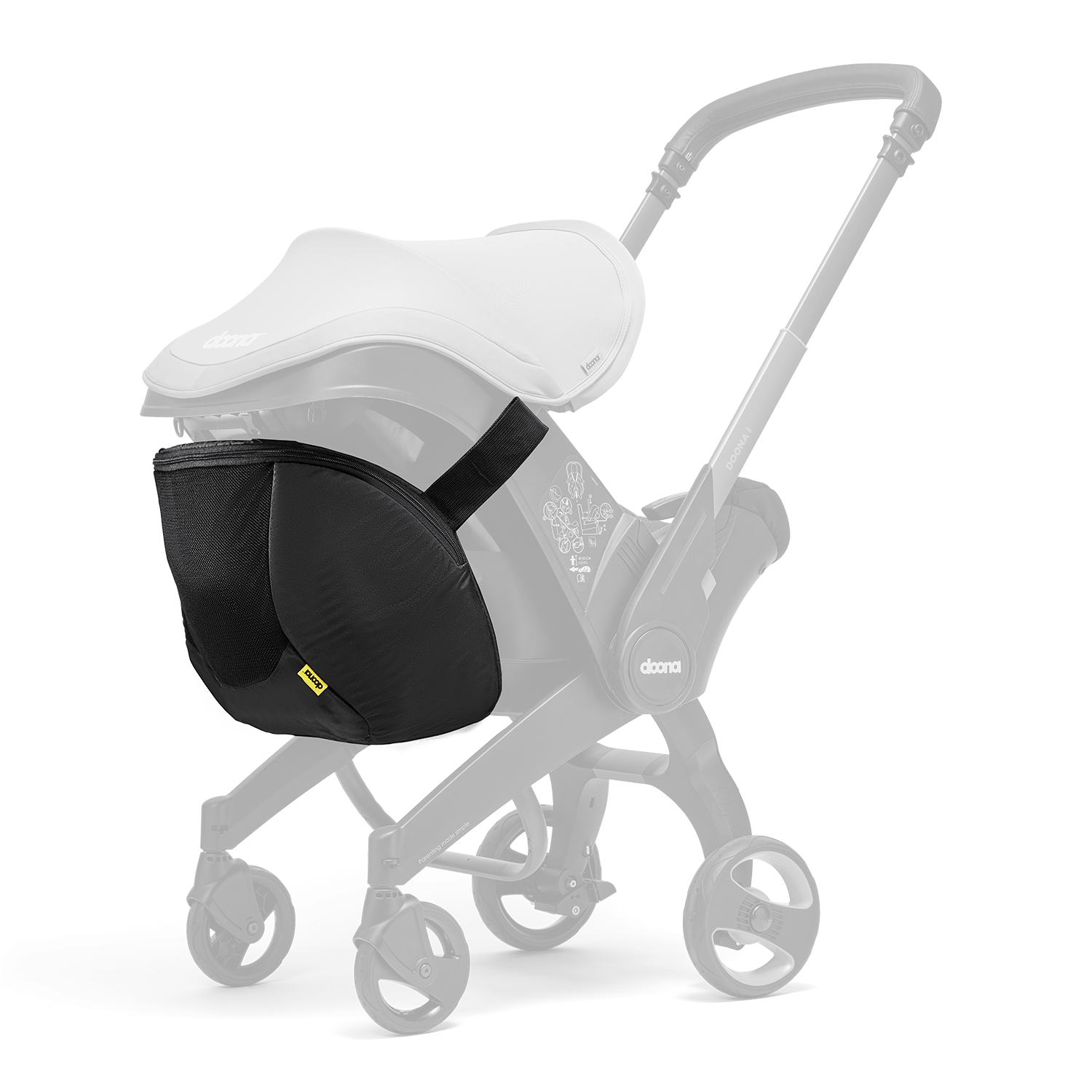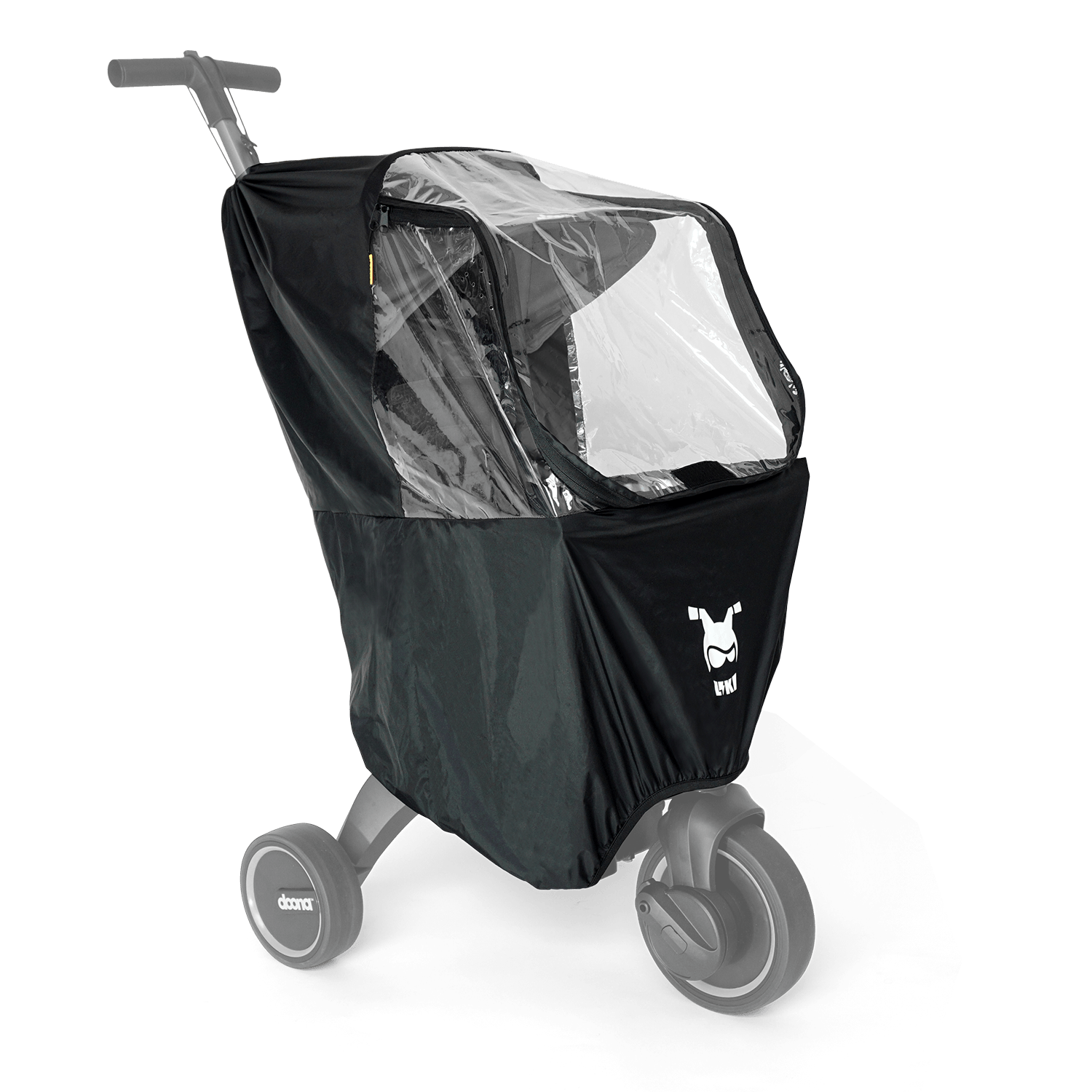Tips for teething: A guide for new parents
Teething is a crucial developmental stage for infants, but it can also be challenging as they may feel uneasy and restless due to the discomfort and irritability associated with it. Understanding the typical teething process and discovering ways to ease the pain can be beneficial. Doona is committed to supporting parents through the challenges, which is why we created a guide on teething to provide practical advice and helpful tips to make the process easier for parents and babies.
When do babies start teething?
The teething process usually begins when a baby is around six months old. However, some babies may start teething as early as three months or as late as twelve months. The order in which teeth appear is pretty consistent, with the bottom front teeth usually appearing first, followed by the top front teeth, and then the molars and canines. Most children will have all of their primary teeth by the time they are three years old.
What are the signs of teething?
There are several signs that your baby may be teething. These include:
Increased drooling: When babies are teething, their saliva production increases, leading to excessive drooling. Your baby might drool so much that it can cause skin irritation around their mouth. You can help your baby by keeping a cloth handy to wipe away the drool and prevent skin irritation.
Chewing on objects: Babies experiencing teething pain may try to relieve the discomfort by chewing on toys, fingers, or anything they can grab. Chewing helps soothe the pain because it puts pressure on the teeth and gums. Be sure to give your baby safe and clean objects to chew on to avoid choking hazards.
Irritability: Teething can be a painful experience for babies, making them more fussy and irritable than usual. You might notice your baby crying more often, especially during feeding, as the sucking motion can cause further discomfort.
Disrupted sleep: Teething can also cause sleep disturbances in babies. They might wake up more frequently during the night and have trouble settling back down, leading to less overall sleep and fatigue.
Loss of appetite: The pain and discomfort of teething can cause babies to lose their appetite or refuse to eat. Offer soft foods that are easier to eat and provide more liquid-based foods, such as soups, to keep your baby hydrated and full.
Swollen or tender gums: As the teeth begin to push through the gums, the gums can become swollen and tender, leading to discomfort and pain. You might notice that the area around the tooth is red and sensitive to the touch.
What can parents do to help their teething child?
While there is no guaranteed way to make teething pain go away completely, there are several things that parents can do to help their baby feel more comfortable during the teething process. These include:
Offer a cold compress: A cold washcloth or teething ring can provide relief for sore gums.
Massage the gums: Gently massaging the gums with a clean finger can help to alleviate discomfort. You can also give your baby a refrigerated teething toy to provide relief.
Provide chew toys: Offering safe chew toys can help to distract your baby and provide some relief. Check out some of our favorites, including a cute Pretzel Teether or a Teetherpop.
Use over-the-counter medications: Some parents choose to use over-the-counter medications such as infant acetaminophen or ibuprofen to help alleviate teething pain. However, it's important to talk to your pediatrician before giving your baby any medication.
Lastly, give lots of cuddles and comfort: The teething process can be stressful, so it's crucial to provide lots of love and comfort during this time.
Teething is a natural process that all babies go through. Knowing what signs to look out for and how to provide relief can help make the process a bit easier for everyone involved. Remember, every child is different, and some may have an easier time than others. If you have any concerns about your baby's teething process, talk to your pediatrician for advice and support.
At Doona, we’re dedicated to making parenting simpler, easier, and more enjoyable. That’s why we created innovative and functional travel baby products like our Doona Car Seat & Stroller, the fully integrated travel system that transforms in a click, and Liki Trike, the most compact folding tricycle on the market. Check out our parenting tips for more tips, insights from industry experts and parents, and more.
